Construction supervision regulations are paramount in ensuring the successful and safe execution of industrial and energy projects. From power plants to manufacturing facilities, adherence to stringent construction oversight standards is essential. This article explores the key regulations governing construction supervision in industrial and energy projects, emphasizing the critical role they play in project execution, safety, and compliance.
**1. **Legal Framework:**
The legal framework surrounding construction supervision in industrial and energy projects is often multifaceted. Countries typically have specific laws, regulations, and codes that govern construction activities. These legal frameworks set the foundation for project planning, execution, and monitoring.
**2. **International Standards:**
Many industrial and energy projects adhere to international standards to ensure global best practices are followed. Standards from organizations such as the International Organization for Standardization (ISO) and regional bodies play a crucial role in harmonizing construction supervision methodologies and safety protocols.
**3. **Health and Safety Regulations:**
Ensuring the health and safety of workers and the surrounding environment is a top priority in industrial and energy projects. Regulations stipulate safety measures, risk assessments, and emergency response plans. Compliance with these regulations safeguards personnel and mitigates potential hazards associated with construction activities.
**4. **Environmental Compliance:**
Industrial and energy projects often have significant environmental implications. Regulations mandate adherence to environmental impact assessments, emission standards, and waste management practices. Construction supervision ensures that projects comply with these regulations, minimizing ecological impact and promoting sustainability.
**5. **Quality Assurance and Control:**
Quality assurance and control are integral components of construction supervision. Regulations outline standards for materials, construction methods, and overall project quality. Rigorous inspection, testing, and documentation processes are implemented to ensure that the constructed facilities meet or exceed specified quality standards.
**6. **Permitting and Licensing:**
Construction supervision regulations encompass the permitting and licensing process. Projects must obtain the necessary approvals from regulatory authorities before commencing construction. Compliance with zoning regulations, land-use permits, and other licensing requirements is essential for a project’s legal and operational viability.
**7. **Contractual Compliance:**
Construction supervision involves monitoring adherence to contractual agreements. Regulations guide the drafting and execution of contracts, ensuring that all parties involved—contractors, subcontractors, and project owners—comply with the terms and conditions outlined in the contract documents.
**8. **Inspections and Audits:**
Regular inspections and audits are conducted throughout the construction phase. Construction supervisors, often appointed by regulatory bodies or project owners, perform thorough examinations to verify compliance with regulations. These inspections ensure that construction activities align with approved plans and safety protocols.
**9. **Documentation and Reporting:**
Comprehensive documentation is a hallmark of effective construction supervision. Regulations mandate the creation of detailed records, including construction plans, progress reports, safety documentation, and quality control records. Accurate and organized documentation facilitates transparency and provides a basis for regulatory audits.
**10. **Project Closeout and Handover:**
The conclusion of an industrial or energy project involves a meticulous process of closeout and handover. Regulations outline requirements for final inspections, documentation completion, and compliance verification. A successful project handover ensures that all regulatory obligations are met, and the facility is ready for operational use.
Construction supervision regulations form the backbone of industrial and energy projects, providing a comprehensive framework for planning, execution, and compliance. Adherence to these regulations not only ensures the successful completion of projects but also safeguards the interests of workers, the environment, and the broader community. As industrial and energy sectors continue to evolve, construction supervision will remain a critical element in achieving safe, sustainable, and compliant project outcomes.
Powered by www.oecp.eu
